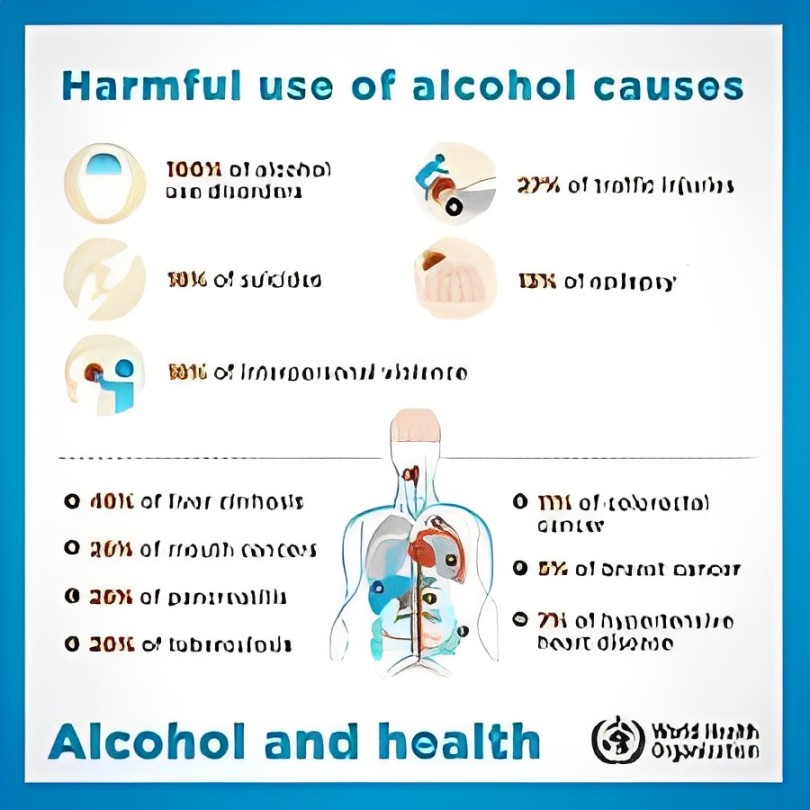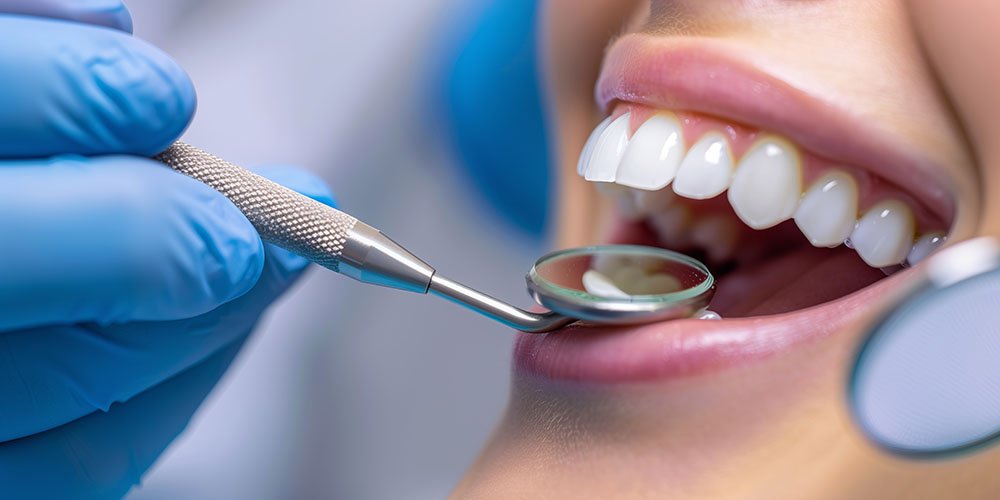Alcohol use disorder (AUD) poses significant challenges across all demographics, but the LGBTQ+ community faces unique barriers and risks. Understanding these challenges is crucial for developing effective and inclusive alcohol use disorder treatment strategies. Members of the LGBTQ+ community often encounter specific social, psychological, and structural issues that can contribute to higher rates of AUD and complicate recovery efforts.
Higher Prevalence of AUD in the LGBTQ+ Community
Studies consistently show that the prevalence of alcohol use disorder is higher in the LGBTQ+ community compared to the general population. This disparity can be attributed to various factors, including minority stress, discrimination, and societal stigma.
Minority Stress
Minority stress refers to the chronic stress experienced by individuals who belong to marginalized groups. LGBTQ+ individuals often face societal rejection, discrimination, and internalized homophobia or transphobia, all of which can contribute to increased alcohol consumption as a coping mechanism. The persistent stress from hiding one’s identity or dealing with negative societal reactions can lead to self-medication with alcohol.
Discrimination and Stigma
Discrimination and stigma are pervasive issues for the LGBTQ+ community. Experiences of rejection, bullying, and violence can significantly impact mental health. These adverse experiences can increase the risk of developing AUD as individuals may turn to alcohol to numb the pain or escape from these harsh realities. Additionally, the fear of discrimination can prevent LGBTQ+ individuals from seeking help for their alcohol use disorder.
Social and Cultural Factors
Social and cultural factors within the LGBTQ+ community can also influence drinking behaviors and the development of AUD.
Bar Culture
For many LGBTQ+ individuals, bars and clubs serve as safe spaces to express their identities and connect with others. While these venues offer a sense of community and acceptance, they also promote heavy drinking. The normalization of alcohol consumption in these social settings can increase the risk of developing AUD.
Lack of Inclusive Treatment
Traditional alcohol use disorder treatment programs may not always be equipped to address the unique needs of LGBTQ+ individuals. A lack of culturally competent care can lead to feelings of alienation and discourage individuals from seeking or continuing treatment. Inclusive treatment programs that understand and respect the experiences of LGBTQ+ individuals are essential for effective recovery.
Mental Health Considerations
Mental health plays a critical role in the relationship between AUD and the LGBTQ+ community. High rates of co-occurring mental health conditions such as depression, anxiety, and PTSD are common among LGBTQ+ individuals, further complicating the treatment of AUD.
Co-Occurring Disorders
The co-occurrence of mental health disorders and AUD requires integrated treatment approaches. Treating only the alcohol use disorder without addressing underlying mental health issues can result in ineffective recovery. Comprehensive treatment plans that include mental health services are vital for addressing the full scope of challenges faced by LGBTQ+ individuals with AUD.
Internalized Homophobia and Transphobia
Internalized homophobia and transphobia refer to the internalization of negative societal attitudes towards one’s own sexual orientation or gender identity. This internal conflict can lead to self-destructive behaviors, including excessive drinking. Addressing these internalized feelings through therapy and support groups is crucial for effective alcohol use disorder treatment.
Support Systems and Community Resources
Building strong support systems and utilizing community resources are essential components of recovery for LGBTQ+ individuals with AUD.
LGBTQ+ Specific Support Groups
Support groups tailored to the LGBTQ+ community can provide a safe and understanding environment for individuals to share their experiences and challenges. Groups such as LGBTQ+ Alcoholics Anonymous (AA) or SMART Recovery offer peer support and can help reduce feelings of isolation.
Inclusive Health Services
Healthcare providers need to be trained in cultural competency to offer inclusive and affirming care. This includes understanding the unique stressors faced by LGBTQ+ individuals and providing a supportive environment that encourages open communication about alcohol use and mental health.
Policy and Advocacy
Policy and advocacy efforts are crucial for addressing the broader systemic issues that contribute to higher rates of AUD in the LGBTQ+ community.
Anti-Discrimination Policies
Advocating for and implementing anti-discrimination policies in healthcare and social services can help reduce the barriers LGBTQ+ individuals face in accessing alcohol use disorder treatment. Ensuring that all individuals receive respectful and competent care is essential for improving health outcomes.
Research and Data Collection
Increased research and data collection on the experiences of LGBTQ+ individuals with AUD can inform better treatment practices and policies. Understanding the specific needs and challenges of this population is critical for developing effective interventions.
Alcohol use disorder presents unique challenges for the LGBTQ+ community, influenced by factors such as minority stress, discrimination, and cultural dynamics. Addressing these challenges requires a comprehensive approach that includes inclusive and culturally competent treatment, strong support systems, and policy advocacy. By understanding and addressing the specific needs of LGBTQ+ individuals, we can improve alcohol use disorder treatment outcomes and support the health and well-being of this community.





